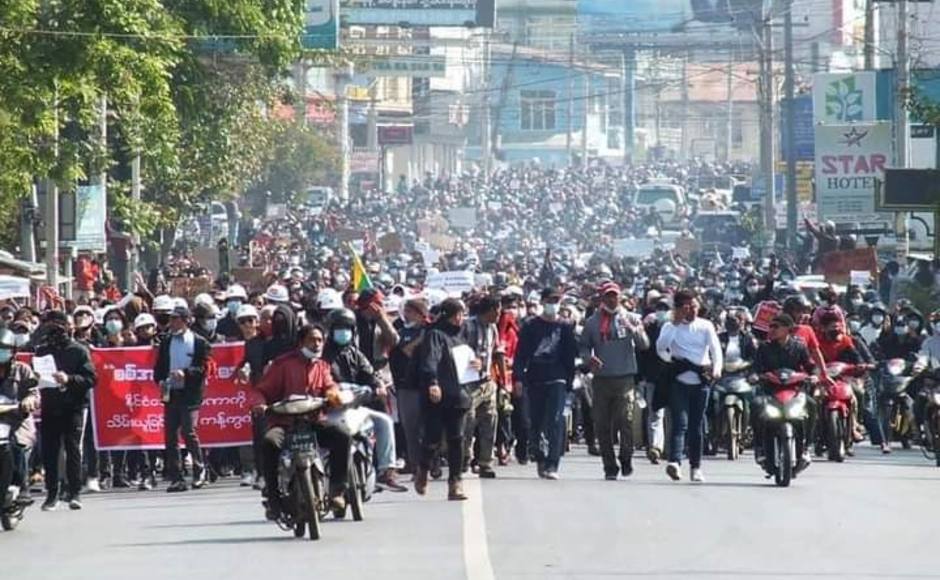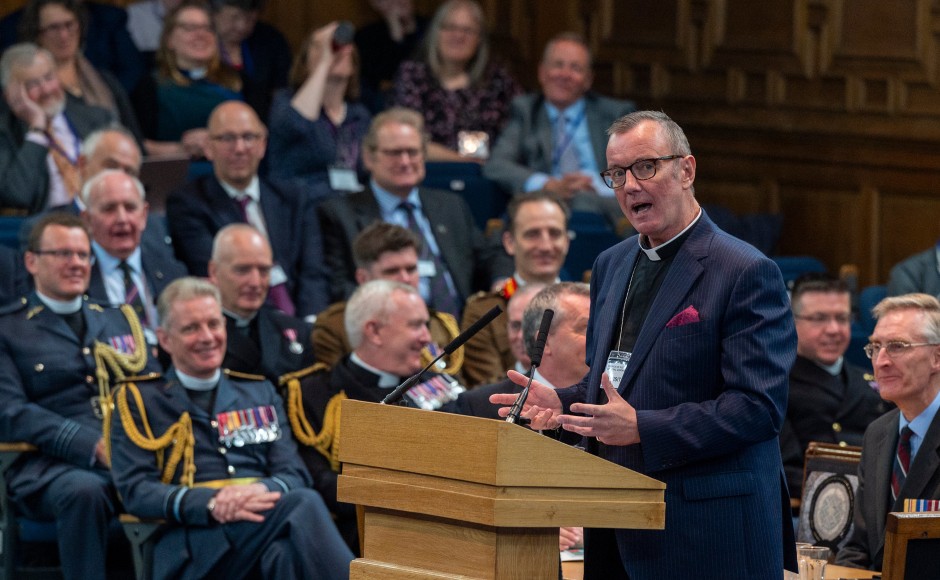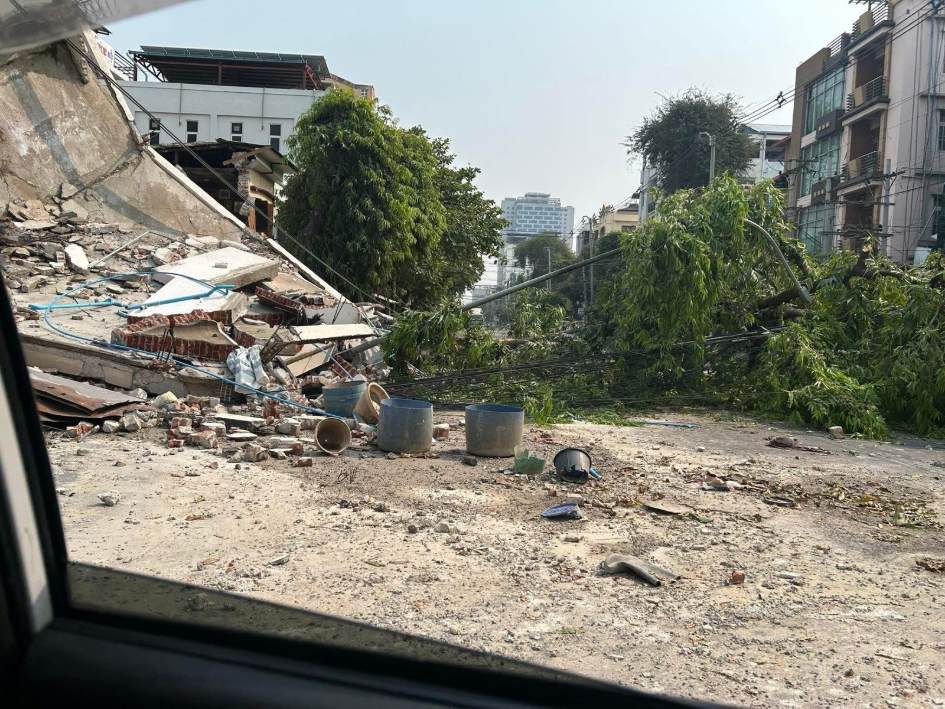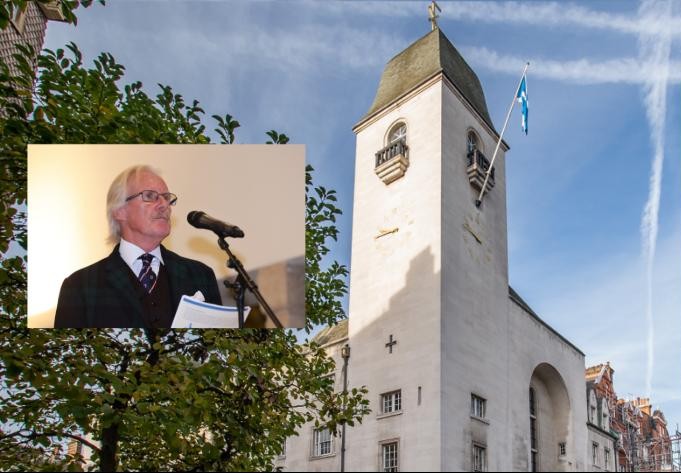First anniversary of Myanmar military coup - fresh calls for diplomatic solution
Published on 1 February 2022
Church leaders have renewed their calls on the UK Government to use diplomacy to ensure that democracy is restored in Myanmar.
Speaking on the first anniversary of the military coup which overthrew the elected government and led to political leaders being arrested, they said they are profoundly concerned for civilians and called for a ceasefire.

The Church of Scotland, The Methodist Church of Great Britain, the Methodist Church in Ireland, the United Reformed Church, Presbyterian Church in Ireland and Baptists Together have called on Foreign Secretary, Liz Truss MP, to urge Tatmadaw, the armed forces of Myanmar, to immediately return to barracks.
Over the last 12 months there have been mass protests and armed resistance in the south-east Asian country with The Assistance Association for Political Prisoners verifying that around 1,500 people have been killed by security forces.
Protestors have been repelled with live fire, rubber bullets and water cannons and the group say the death toll is likely far higher, however.
Restoration of democracy
A letter to the Foreign Secretary signed by Lord Wallace, Moderator of the General Assembly, reads: "Throughout the past twelve months our church partners in Myanmar have reported to us the abuses and atrocities unleashed by the Min Aung Hlaing administration and Tatmadaw forces against their own people.
"The United Nations Officer for Coordination of Humanitarian Affairs (OCHA) estimates that 320,000 people have been internally displaced by the conflict over the last year.
"Several million need humanitarian assistance and without a halt to the violence, the humanitarian need will continue to grow.
"The National Unity Government has drawn support from across ethnic divides and seeks a restoration of democracy.
"Armed militias are forming in several regions and raising the prospect of further violent conflict."
Formerly known as Burma with a population of around 54 million people, Myanmar gained independence from Britain in 1948.
It was ruled by the armed forces from 1962 until 2011 when a democratically elected government began ushering in a new era.
Aung San Suu Kyi's NLD party won a General Election by a landslide in November, 2020 but the military backed the opposition who demanded a re-run of the vote claiming widespread fraud without providing any evidence.
Church leaders say the historical and cultural bonds between the UK and Myanmar are strong therefore the Foreign Office should take a leading role in building an international diplomatic response.
Agree to Peace plan
They have called for the release of elected Myanmar leader Aung San Suu Kyi and other officials, journalists and political prisoners from custody and for armed militias to agree to a ceasefire.
The letter states that the Association of Southeast Asian Nations (Asean) remains divided on how to address the situation and the regime shows no intention of pursuing a peace plan.
Church leaders have asked the UK Government for details on any further economic sanctions it has planned.
"Two oil companies announced that they will pull out of their long-standing offshore gas operations as they are unable to prevent revenues flowing into the state-owned Myanma Oil and Gas Enterprise," stated the letter.
"In the light of this we would be pleased to learn of the UK Government's current thinking on the application of further sanctions in relation to Myanmar for as long as the military regime continues its attacks and ignores appeals to negotiate or to step down."


